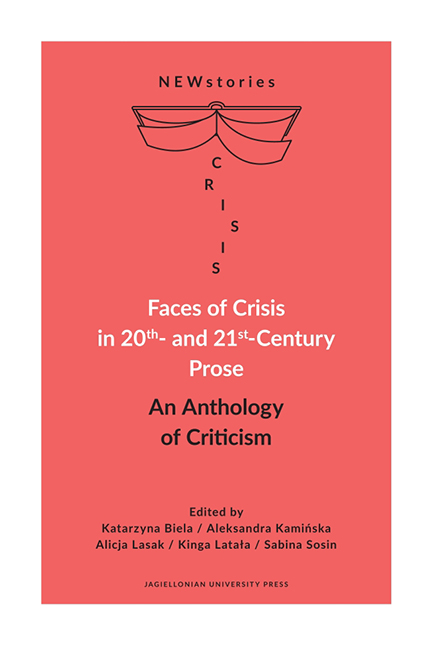2084.The End of the World. Subjectivity and Power in Boualem Sansal’s Vision of an Islamist Totalitarian Society
Published online by Cambridge University Press: 16 July 2022
Summary
Abstract: The essay discusses the issues of subjectivity of the individual and the relations of power in the theocratic totalitarian system depicted by the Algerian writer Boualem Sansal in his novel 2084. The End of the World (published in French in 2015). By applying selected theories of society developed by Louis Althusser to the novel, classified as a dystopia, an analysis of selected characters is conducted that aims at discovering their traits as submissive subjects and “bad subjects”. Moreover, on the basis of concepts formulated by Michel Foucault, an interpretation of relations of power in Sansal's vision of quasi-Islamist society is proposed. The structure of the novel, based on an individual's Cartesian rebellion, enables the reader to perceive certain characters as subjects who dare question their assumptions about religion and society. By combining the idea of a regime resembling fundamentalist Islam with the motif of disobedient individuals, Boualem Sansal builds an image of a multidimensional crisis which embraces a threat of nuclear disaster as well as existential uncertainty.
Although analysing dystopian fiction in terms of social subjectification and power relations is not a new phenomenon, the present interpretation of Boualem Sansal's dystopian novel 2084. The End of the World, published in 2015, might be considered unusual since it tries to view its characters as social subjects. The relevance of the present analysis in the context of current world crises opens the possibility of viewing dystopia in terms of looking at modern individuals and societies. Analysing the plot and selected characters from 2084 on the basis of theories developed by Louis Althusser and Michel Foucault enables a reader to see how Sansal's novel responds to the problems of the outside reality.
In his novels, Boualem Sansal, born in Algeria in 1949, often tackles the themes of Islamist radicalism, migration, and the Holocaust. His first novel translated into English, originally released in 2008, was published as The German Mujahid in the US and as An Unfinished Businessin the UK. It tells the story of two Algerian brothers who discover their father's Nazi background and struggle to survive in a Muslim ghetto in France.
- Type
- Chapter
- Information
- Faces of Crisis in 20th- and 21st-Century ProseAn Anthology of Criticism, pp. 121 - 130Publisher: Jagiellonian University PressPrint publication year: 2020



